- Learning time
- 10 minutes
- First play time
- 15 minutes
Eggs of Ostrich
Designed by: Shimpei Sato
Eggs of Ostrich is a three (only three!) player game where you the players are collecting – ostrich eggs.
Each player lays out four sack cards in front of them, numbered 2, 3, 5 and 7. The number denotes how many eggs the sack in question can hold. You’re also given a set of claim cards with the same numbers, which you keep hidden – along with a Skip card. The egg deck is placed centrally, and over the course of ten rounds, the top egg card is turned over and the players bid (by placing a claim card face down) on a share of the eggs. All bids are revealed simultaneously, and players divide the spoils, putting their share in the matching sack: i.e., if you bid a 5 claim card, the eggs you gain must go into the 5 sack. You get your played claim card back after playing a subsequent one on the next round.
The catch is, if you ever place too many eggs in that sack by going over the number then the sack has split – you lose all the eggs, as well as the sack itself. And that’s where the skip card comes in – it’s a great tool for bailing out on a whole load of eggs and hoping your opponents will overload their sacks!
There is also an amber card – worth 4 points – that is only rewarded to one player who plays a skip – if more than one player does, nobody receives the amber.
After ten rounds scoring is totaled: a full sack scores its point value; anything less than a full sack scores half its point value (rounded down). Most points wins.
The guru's verdict
-
Take That!
Take That!
Potentially high, though hard to predict.
-
Fidget Factor!
Fidget Factor!
Very low. It's a game played best fast and loose.
-
Brain Burn!
Brain Burn!
The rules are simple - the challenge is second-guessing what your opponents are thinking. You'll have a little bit of knowledge, as a claim card played in a previous round will still be visible.
-
Again Again!
Again Again!
The game is a little one-note, but it's so fast and silly you can't begrudge it that. Cards are random, and the winner will probably be the best at reading the table.

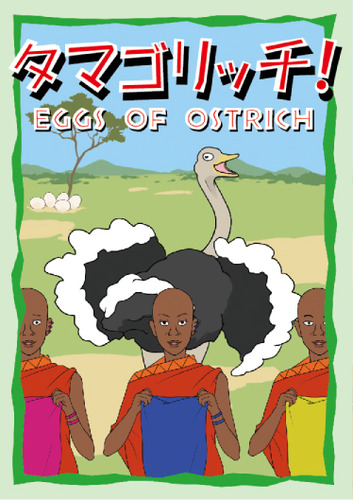
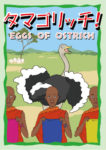
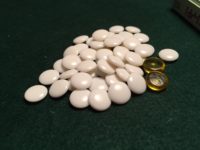

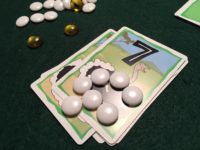
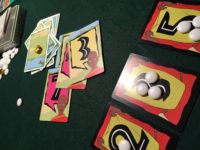

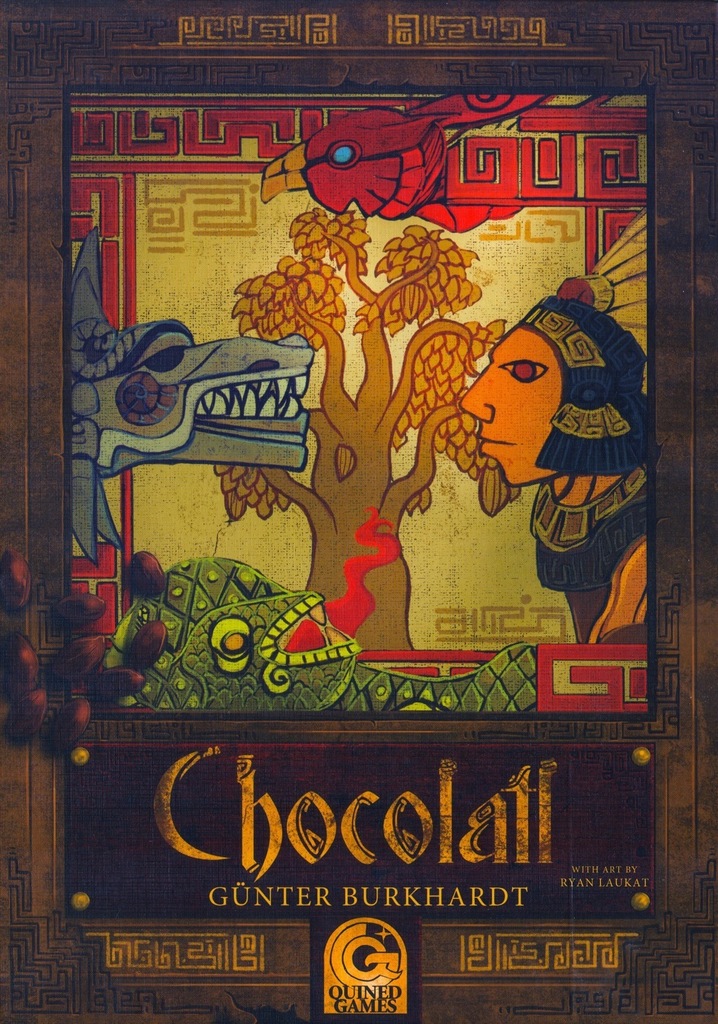

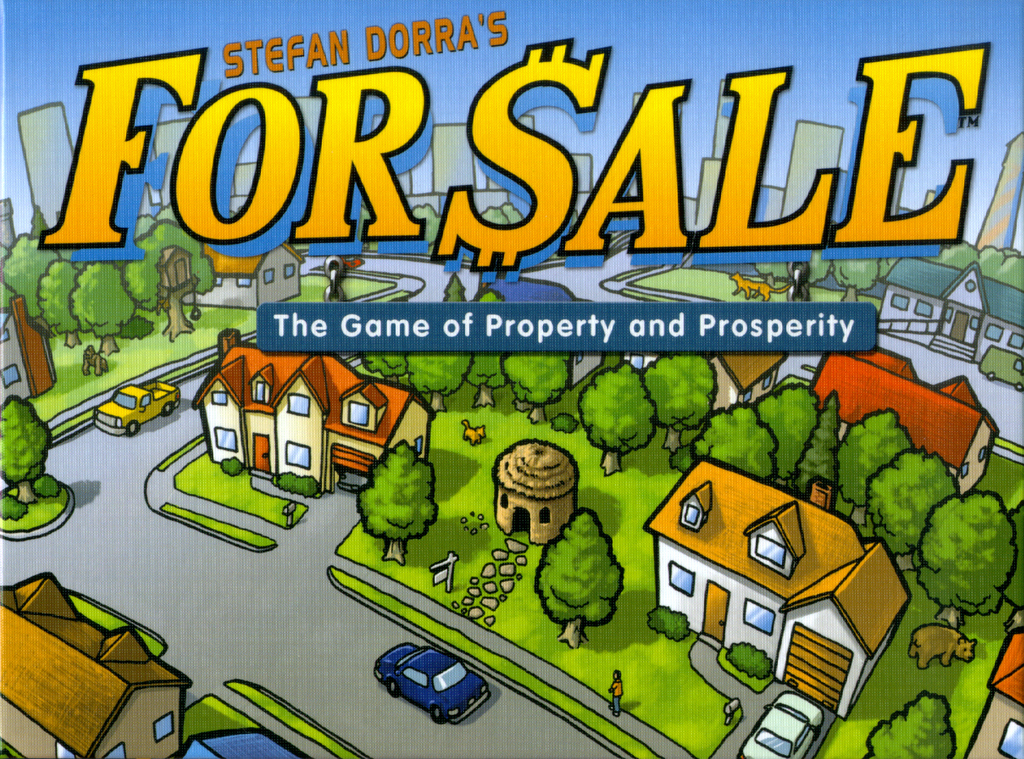
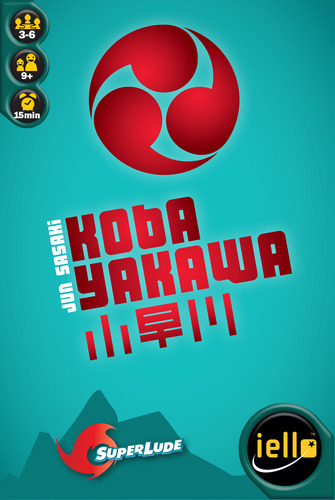
Sam says
A fun, if somewhat mad, game of blind-bidding and table-reading. I like it!